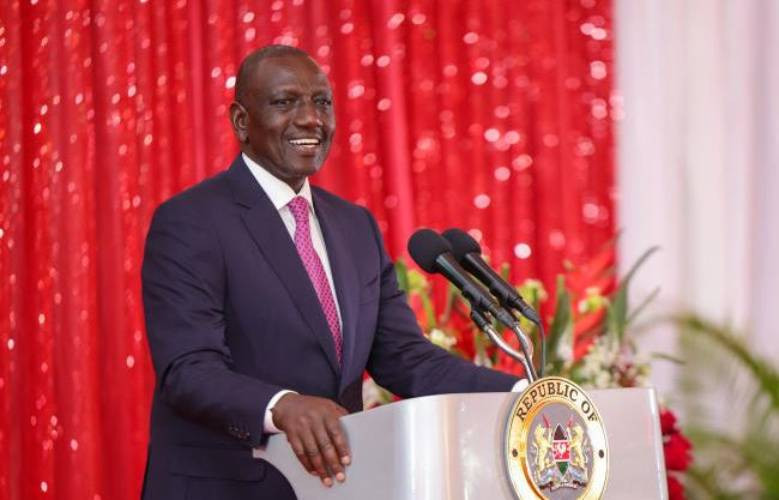×
The Standard e-Paper
Stay Informed, Even Offline

President William Ruto has responded to the criticism from the Law Society of Kenya (LSK) on his stance on constitutionalism and the independence of the Judiciary.
In a statement by State House Spokesperson Hussein Mohamed on Wednesday, January 3, Ruto turned down the advice from LSK on Judiciary emphasising the ongoing efforts to rectify past injustices and condemning all forms of impunity.